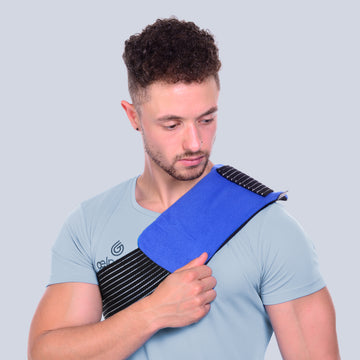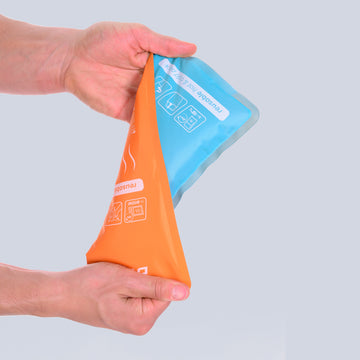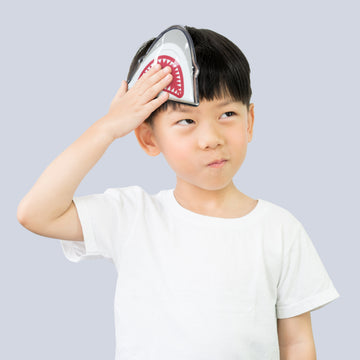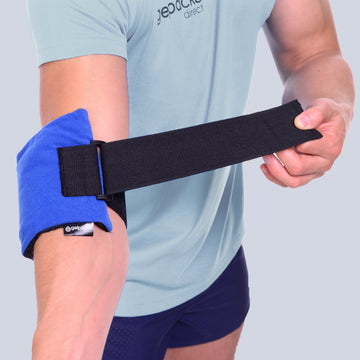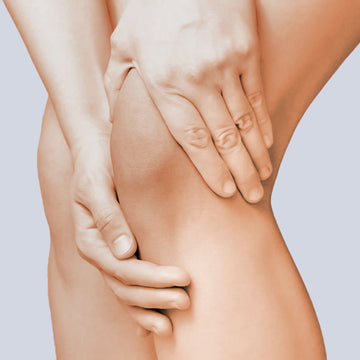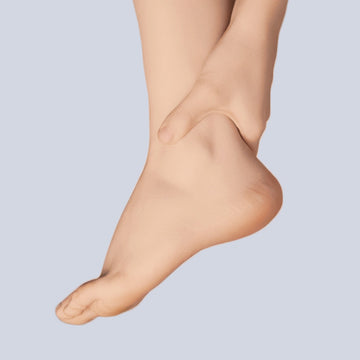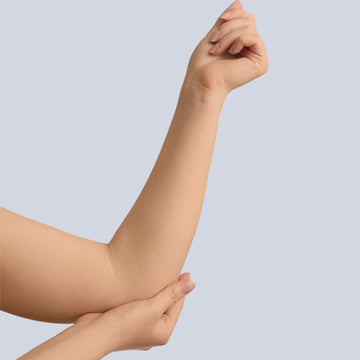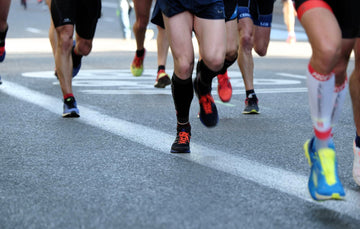Posted by Tia Patel | APR-28-2020
Treating Coronavirus at Home
With over half the population now having received their first dose of the coronavirus vaccine, we’re well on our way back to normality, however, the government is still advising that we act with caution as Coronavirus remains a threat, even if you have been vaccinated.
Whilst 1 in 3 people who contract Coronavirus will have no symptoms, It's reported that 1 in 10 of us will experience mild to moderate symptoms, which will usually resolve in a matter of days (gov.uk).
Treating the Symptoms
For the majority of the population, the symptoms will be mild to moderate and can be treated at home, but how?
- Drink plenty of fluids. Stay hydrated by drinking enough water and avoid alcohol as this will have the opposite effect on your body and can limit your immune system.
- Get plenty of rest. Go to bed at a reasonable time. You should isolate at home if you experience symptoms and avoid strenuous activity whilst you are unwell to allow your body time to recover.
- Use over the counter medicines. Sir Patrick Vallance (Chief Scientific Advisor to the government) has advised using painkillers, like paracetamol, to alleviate symptoms rather than anti-inflammatory drugs, like Ibuprofen, which can dampen the immune system and make it difficult for the body to recover.
- Using heat therapy. Hot therapy should be used for relieving muscle aches and pains or sore joints. Applying heat to the neck area has also been known to reduce spasms that lead to headaches.
- Using cold therapy. An icepack can be used to reduce the body temperature and relieve symptoms of fever by being applied to the forehead or pressure points such as the wrist or back of the neck.
Vaccine side-effects
It's important to remember that all vaccines and medicines have some side effects and that these side effects need to be continuously balanced against the expected benefits in preventing illness.
Keep reading for what symptoms to potentially expect and how to treat them.
So what are the side-effects?
The most common side-effects identified within the trial stages of the Pfizer/BioNTech and Oxford University/AstraZeneca are:
- Injection-site tenderness and pain
- Headache
- Fatigue
- Myalgia (muscle pain)
- Malaise (the feeling of illness)
- Pyrexia (fever)
- Chills
- Arthralgia (joint pain)
- Nausea
To report any symptoms you believe to be associated with your vaccine head to https://yellowcard.mhra.gov.uk
In order for us to beat the virus, we have to be prepared. Just like you would prepare for a race, have all of your equipment ready,such as painkillers, thermometer, hot and cold treatments. Prepare your body by looking after your general health. Eat well, get plenty of rest and most importantly, don’t forget your daily exercise. The healthier you are, the faster your recovery will be.
Remember, hands, face, space and fresh air!
#TeamGPD
Sources:
NHS (https://www.nhs.uk/conditions/coronavirus-covid-19/symptoms-and-what-to-do/#symptoms)
WHO (https://www.who.int/emergencies/diseases/novel-coronavirus-2019)
Patient.info (https://patient.info/news-and-features/covid-19-how-to-treat-coronavirus-at-home)
Medical News Today (https://www.medicalnewstoday.com/articles/29108#cold_therapy)
